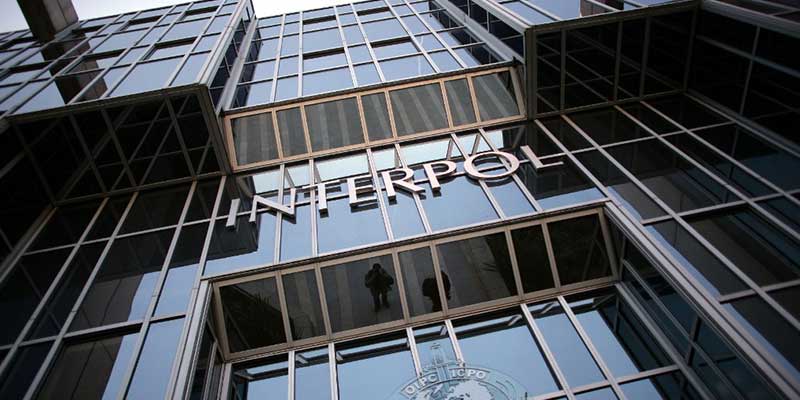- World
- Dec 12
Interpol’s operation reveals insights into ‘globalisation’ of cyber scam centres
• Interpol said its first operation targeting human-trafficking fuelled cyber fraud showed the criminal industry was going global, spreading beyond its origins in Southeast Asia, with scam centres emerging as far away as Latin America.
• Following five months of investigative coordination, law enforcement from participating countries carried out more than 270,000 inspections and police checks at 450 human trafficking and migrant smuggling hotspots from October 16-20.
• ‘Operation Storm Makers II’ mobilised law enforcement in 27 countries across Asia and other regions to target human trafficking and migrant smuggling.
• Many of the hotspots are regularly used to traffic victims to notorious cyber scam centres in Southeast Asia.
• Victims are often lured through fake job ads and forced to commit online fraud on an industrial scale, while enduring abject physical abuse. Fraud schemes include fake cryptocurrency investments, as well as work-from-home, lottery and online gambling scams.
• The cyber scam cases uncovered during the operation demonstrate this expanding geographical footprint.
• During the pre-operational phase, Interpol supported national authorities for a case in which 40 Malaysian victims were lured to Peru with the promise of a high-paying job, only to be forced to commit telecommunications fraud.
• In October, reports were received from Ugandan law enforcement of several citizens taken to Dubai – allegedly for employment – before being diverted to Thailand and then Myanmar. There, the victims were handed over to an online fraud syndicate and kept under armed guard while being taught to defraud banks.
• In India, police from the state of Telangana registered one of their first cases of human trafficking for the purpose of cyber fraud. An accountant was lured to Southeast Asia where he was forced to participate in online fraud schemes in inhuman conditions. He was eventually able to leave following the payment of a ransom.
• In Myanmar alone, over the past year authorities reported rescuing trafficking victims who originated from 22 countries, largely from Kayin and Shan States.
What is Interpol?
• The International Criminal Police Organisation (Interpol) is an inter-governmental organisation that has 195 member countries.
• It began as the International Criminal Police Commission in 1923, and became the International Criminal Police Organisation in 1956.
• India became a member country on October 15, 1949.
• Interpol enables countries to share and access data on crimes and criminals and offer a range of technical and operational support.
• In each country, an Interpol National Central Bureau (NCB) provides the central point of contact for the General Secretariat and other NCBs. An NCB is run by national police officials and usually sits in the government ministry responsible for policing.
• It connects all countries via a communications system called I-24/7. Countries use this secure network to contact each other. It also allows them to access databases and services in real time, from both central and remote locations.
• The General Secretariat coordinates its day-to-day activities to fight a range of crimes. Run by the secretary general, it is staffed by both police and civilians and comprises a headquarters in Lyon and several satellite offices in different regions.
• The General Secretariat provides a range of expertise and services to member countries. Interpol manages 19 police databases with information on crimes and criminals (from names and fingerprints to stolen passports), accessible in real time to countries.
• It supports national efforts in combating crimes across three global areas — terrorism, cybercrime and organised crime.
Manorama Yearbook app is now available on Google Play Store and iOS App Store

